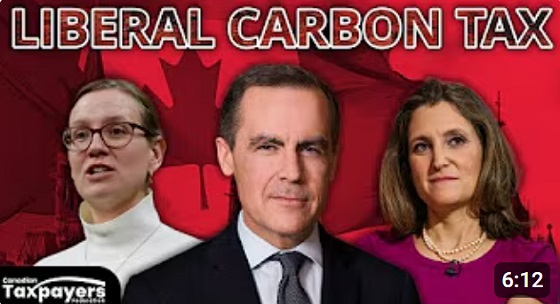Fr0m The Center Square
America’s natural gas industry celebrated Monday after President Donald Trump signed into law a resolution repealing Biden-era fees on methane emissions.
The Waste Emissions Charge, which Republicans say is the equivalent of a natural gas tax, was authorized by the 2022 Inflation Reduction Act and implemented by the Environmental Protection Agency in November 2024.
The resolution rescinds that regulation under the Congressional Review Act. The CRA legislation gives Congress the authority to repeal regulations issued during the final months of a previous administration.
House Committee on Energy and Commerce Chairman Brett Guthrie, R-Ky., called the repeal “a victory for the American businesses and families who would have been forced to bear the cost of the Biden-Harris Administration’s natural gas tax.”
“It’s time to restore American energy dominance by harnessing innovation and producing the natural gas needed to support our electric grid,” Guthrie added.
Energy experts who testified before Congress in February said the high energy prices during Joe Biden’s presidency directly resulted from increased environmental regulations on energy production. The regulations slowed down domestic energy production and consequently led to increased costs, they said.
The American Exploration and Production Council (AXPC) shares the same view, praising Republicans in Congress and Trump for repealing the Waste Emissions Charge.
“AXPC thanks President Trump for signing the Congressional Review Act legislation – to undo EPA’s flawed rule to implement the natural gas tax,” AXPC CEO Anne Bradbury stated. “While American energy producers remain laser focused on reducing methane emissions, this punitive rule risked undermining those efforts.”
An analysis by the Congressional Budget Office shows that “Charging for methane emissions leads to an increase in the price of natural gas and a decrease in the quantity of natural gas produced and consumed.”
But environmental groups have argued that the legislation will increase energy costs and disrupt efforts to reduce emissions of a potent greenhouse gas. Nearly 80 environmentalist groups recently sent a letter urging lawmakers to keep the regulation, about to take effect, in place.
The Center Square reached out to multiple environmental groups but received no response in time for publication.



















